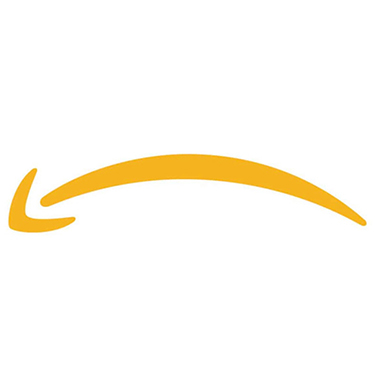 Ever wonder how there can be so many sources and editions for the books you want to buy? Sure, there is any number of used booksellers out there. But what about brand, spanking new copies?
Ever wonder how there can be so many sources and editions for the books you want to buy? Sure, there is any number of used booksellers out there. But what about brand, spanking new copies?
According to Porter Anderson in Publishing Perspectives, there’s a plague of fake and illegitimate online book sales happening at Amazon. Anderson cites a New York Times piece by David Streitfeld earlier this year that found “Amazon takes a hands-off approach to what goes on in its bookstore.” The result? A spate of counterfeit or otherwise illegitimate books.
A follow-up piece by the same writer recounts how he was able to buy “a dozen fake and illegitimate Orwell books from Amazon.”
The story has elicited “a substantive response from Amazon, indicating at the very least that the vast tech company does not take lightly the sorts of weaknesses the reporter discerns in its work – and making a case to publishing people for a ‘single source of truth’ on copyright status.”
What exactly is going on?
“In describing the bad editions of George Orwell books he was able to order from Amazon, Streitfeld writes that some ‘were printed in India, where the writer is in the public domain, and sold to me in the United States, where he [Orwell] is under copyright,” Peterson writes.
“Others were straightforward counterfeits, like the edition of his memoir Down and Out in Paris and London that was edited for high school students,” he continues. “The author’s estate said it did not give permission for the book, printed by Amazon’s self-publishing subsidiary. Some counterfeiters are going as far as to claim Orwell’s classics as their own property, copyrighting them with their own names.”
In many cases, the manuscripts have been mangled, with misspellings, chunks of missing text and other oddities. Some versions are labeled “edited for high school” and have key phrases missing or changed, maybe in a misguided attempted to protect those tender minds from great literature?
As Peterson notes, this is simply not acceptable.
“Particularly in an age in which truth itself is under a furious assault by political forces in the United States and many other parts of the world, the protection of every author’s and publisher’s work is mandatory.”
Amazon’s response sends up a desperate flare:
“Today, there is no single source of truth for the copyright status of every book in every country that retailers could use to check copyright status. Retailers are dependent on rights holders to tell them where they have the rights for each title and for how long. Without a single source of correct information, this is a complex issue for all retailers–a number of the books in question are for sale in the stores of several other US book retailers, from independent bookstore Web sites to large chains.
“We work with rights owners to quickly resolve questions about what publisher has what rights in each geography because only the rights holders know the disposition of the intellectual property rights to the works that they represent. We have removed these titles from our US store, and we have informed the publishers and distributors who listed them,” the statement continued.
Amazon has let the genie out of the publishing bottle. Twenty years ago Bowker reported 900,000 titles in print. Today that number stands around 40,000,000. We get it that Amazon needs a little help. But they could make one immediate change that could help buyers suss out the fakes.
“Amazon sometimes bundles all the reviews of a title together,” Streitfeld writes, “regardless of which edition they were written for. That means an unauthorized edition of Animal Farm can have thousands of positive reviews, signaling to a customer it is a valid edition.”
As Amazon continues to evolve, it encounters problems they never could have imagined at the start. This is how disruption works. It’s time for Amazon to work with the traditional publishing industry to start healing some of what it broke during the disruption and moving forward to ensure the legitimacy of the books we buy.
